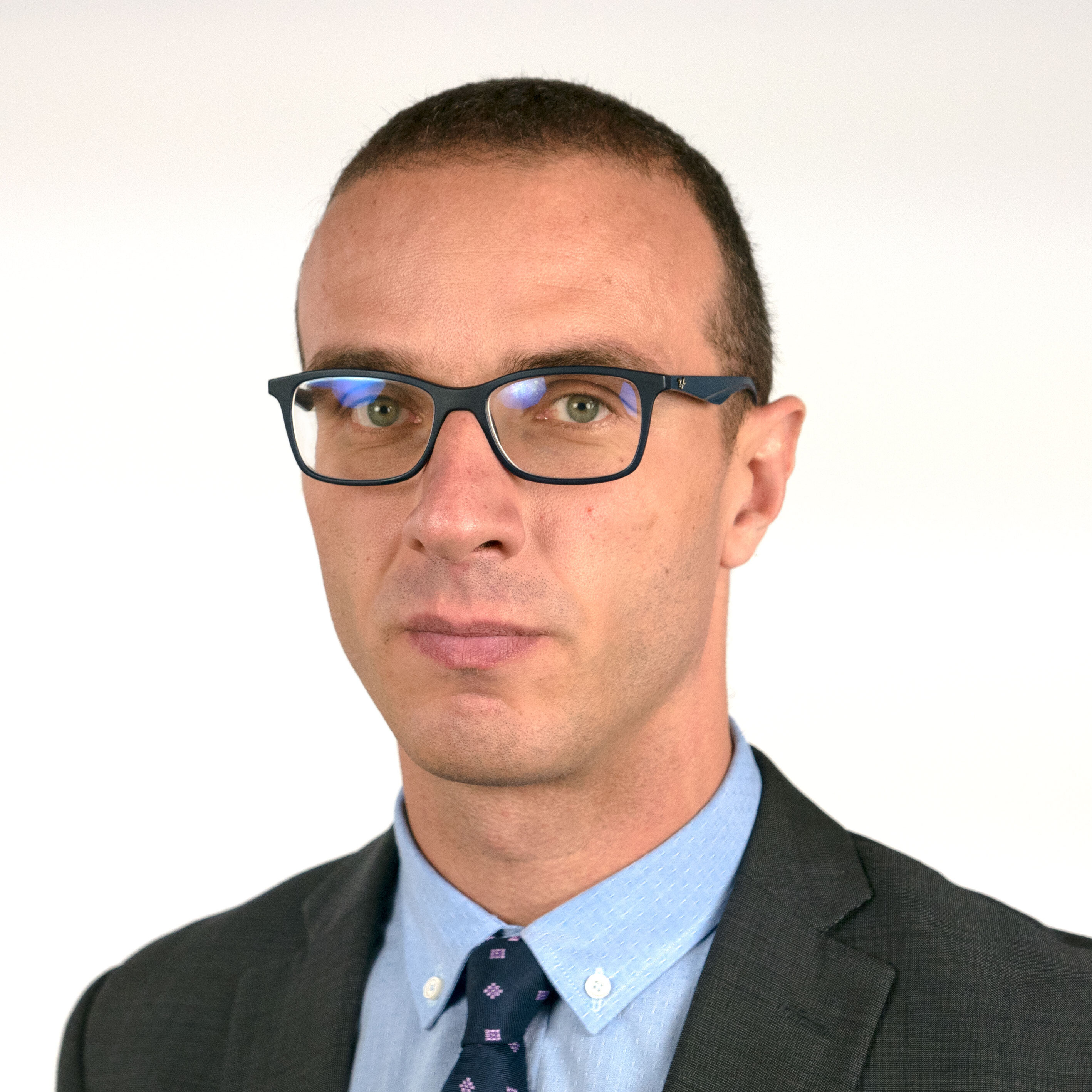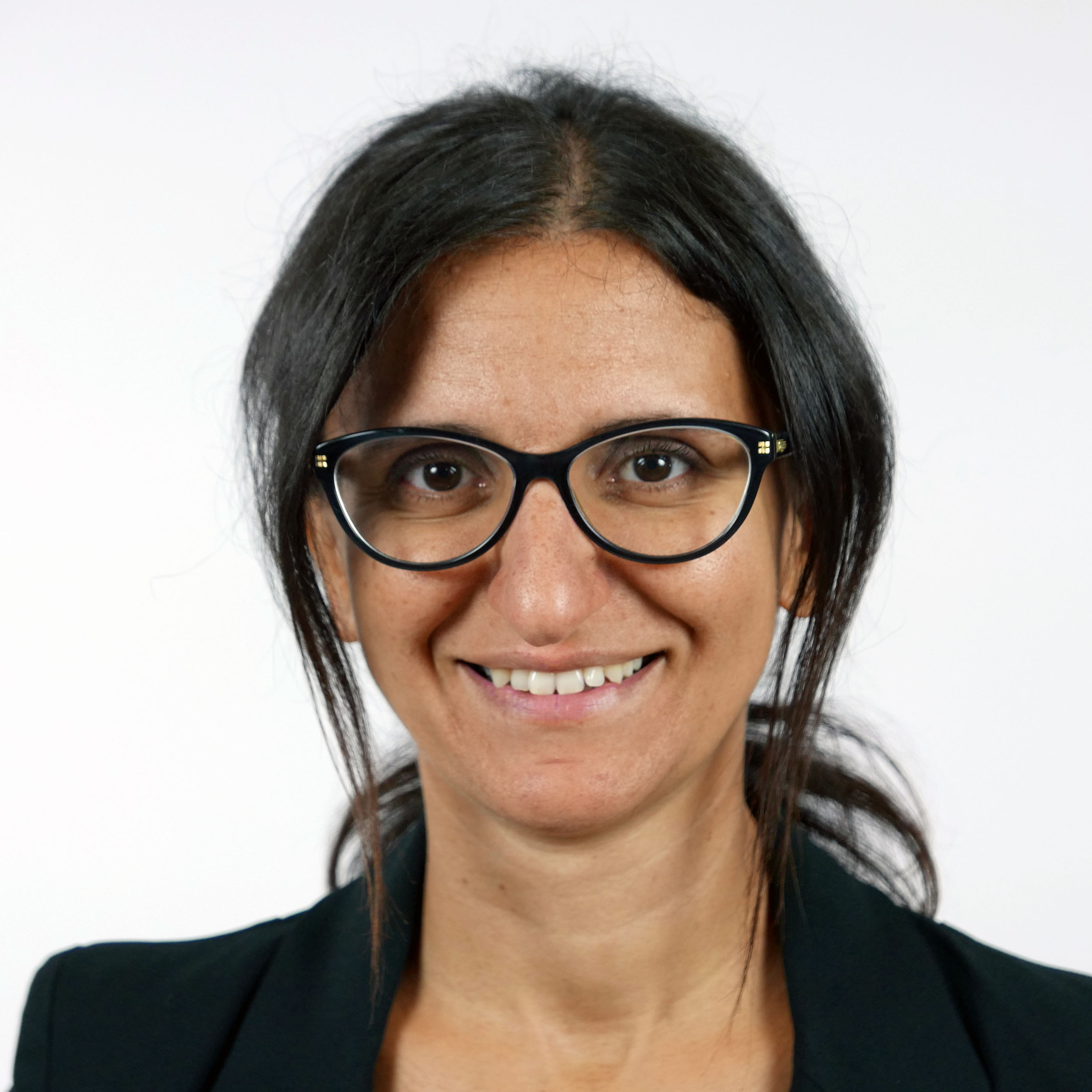Fundamentals of Operations
Fundamentals of Operations
This course introduces the key theories, concepts, models and approaches related to Production and Logistics Systems.
Introduction to Management Engineering Series
This MOOC is part of the Introduction to Management Engineering series, which is designed to introduce prospect master students and people interested in managerial disciplines into the key fundamentals of Management Engineering. Through an analytical and engineering approach, the series provides basic concepts and language in the areas of Strategy, Economics, Financial Accounting, Organization, and Operations Management.
The series is the result of a collaborative design between METID, the service of Politecnico di Milano devoted to e-learning and e-collaboration, and the Study Course in Management Engineering.
See the full seriesCourse description
Operations are those processes through which companies produce and distribute products and services to their customers. They are fundamental for two main reasons: on the one hand, they impact the costs companies have to face and, on the other hand, they strongly affect the service level seen by the customers.
This course will address the description and the classification of production and logistics systems, the methodologies and the indicators for measuring both their internal and external performances, and the techniques to conduct the most important planning processes:
- demand planning – the demand forecasting process and the forecasting models based on time series;
- inventory planning – the typologies of inventories and the models to manage them;
- production planning - the principles of production planning and the models to generate the Master Production Schedule (MPS);
- materials planning - material requirements planning (MRP).
At the end of this course you will thus be able to understand and properly make the main decisions to manage production and logistics systems.
You can access the course absolutely free of charge and completely online.
Intended Learning Outcomes
Prerequisites
No formal knowledge is required.
Activities
The forum of this MOOC is freely accessible and participation is not guided; you can use it to discuss your ideas on the course content with other participants.
Assessment
Your final grade for the course will be based on the results of your answers to the graded quizzes. You have an unlimited number of attempts at each quiz, but you must wait 24 hours before you can try again. You will have successfully completed the course if you achieve 60% (or more) of the total score in each quiz. The maximum score possible for each quiz is given at the beginning of the quiz. You can view your score in the quiz on your last attempt or on the 'Grades' page.
Certificate
You must be registered in POK through Politecnico di Milano personal account to obtain the Certificate of Accomplishment. It will be released to anyone who successfully completed the course by achieving at least 60% of the total score in each one of the graded quizzes and filling the final survey.
You will be able to download the Certificate of Accomplishment directly from Politecnico di Milano web services.
The Certificate of Accomplishment does not confer any academic credit, grade or degree.
You will be able to download the Certificate of Accomplishment directly from Politecnico di Milano web services.
The Certificate of Accomplishment does not confer any academic credit, grade or degree.
Information about fees and access to materials
You can access the course absolutely free of charge and completely online.
Course faculty

Riccardo Mangiarancina
Riccardo Mangiaracina is an Associate Professor at Politecnico di Milano, Italy, where he chairs the course on Logistics and Production Systems Management. He lectures and undertakes research on logistics, supply chain management and e-commerce. He is the Scientific Director of the B2c E-Commerce Observatory, and the Electronic invoicing and B2b E-Commerce Observatory of Politecnico di Milano School of Management. He is also the Director of the Digital Export Observatory.

Angela Tumino
Angela Tumino, Ph.D., is an Assistant Professor at the School of Management of Politecnico di Milano, where she chairs the course on Logistics and Production Systems Management. Her main research activities are related to logistics, supply chain management, Internet of Things, and e-commerce, and she is author of several publications on scientific journals and conference proceedings on these topics. Since 2011, she is Director of the Internet of Things Observatory of Politecnico di Milano School of Management.

Alessandro Brun
Alessandro Brun was Associate Professor of Quality Management at the School of Management of Politecnico di Milano. His main research streams are related to Supply Chain Management, Quality Management and Operational Improvements in manufacturing and service industries; he published more than 200 among papers, books and book chapters on the same topics. At MIP Graduate School of Business he was Director of the Master in Global Luxury Goods and Services Management. He was founder of the Sustainable Luxury Academy.

Giovanni Miragliotta
Giovanni Miragliotta is Associate Professor at the Department of Management, Economics and Industrial Engineering, Politecnico di Milano, Italy. He is member of the Faculty of MIP, the Business School of Politecnico di Milano, and co-director of the Italian Observatory on Smart Manufacturing and of the Italian Observatory on Internet of Things. He is the project manager of Internet of Things Lab of the Politecnico di Milano. Together with some methodological topics, his major research areas are New Mobile Technologies and their impact on Operations and Business processes, Operations management in Luxury Companies, and Supply Chain Management.
Contact details
If you have any enquiries about the course or if you need technical assistance please contact pok@polimi.it. For further information, see FAQ page.